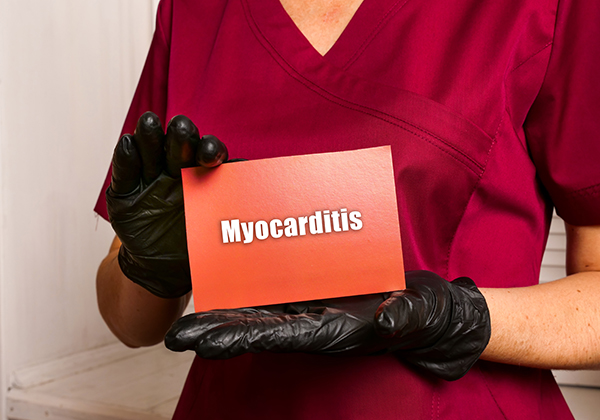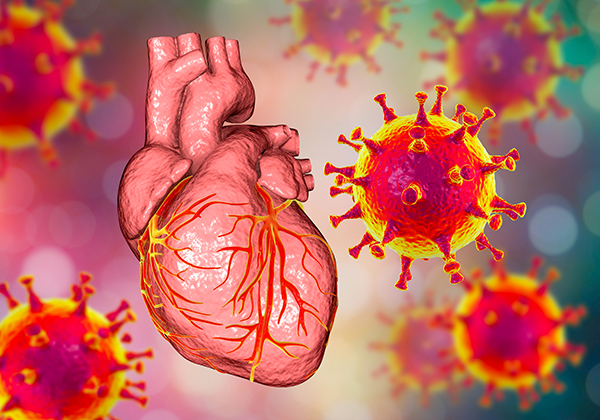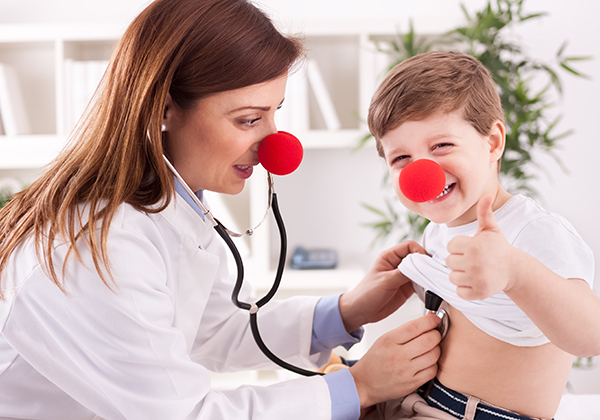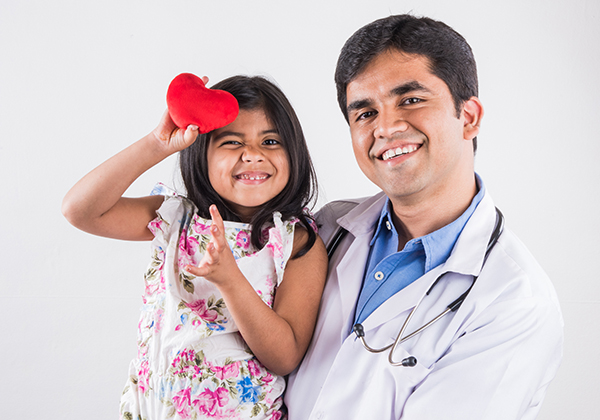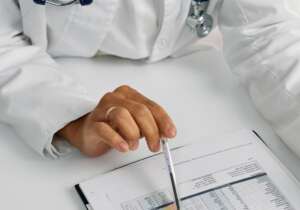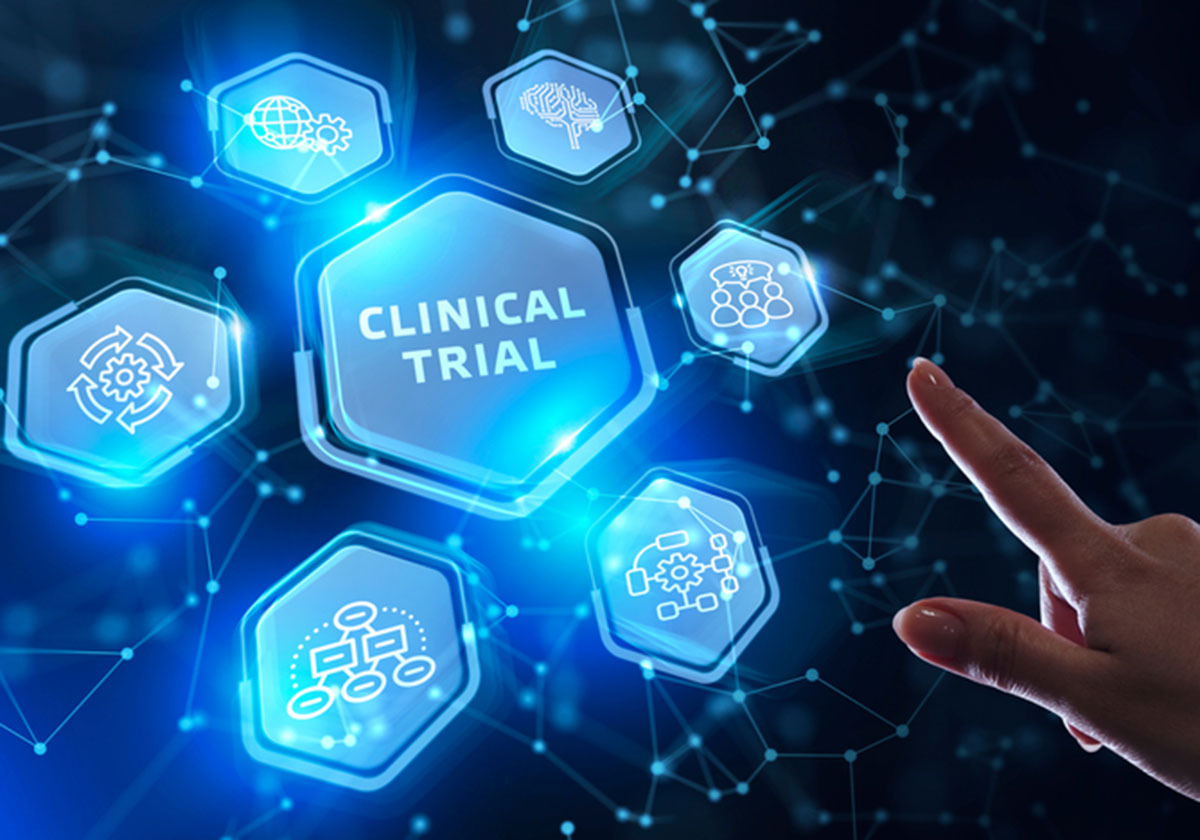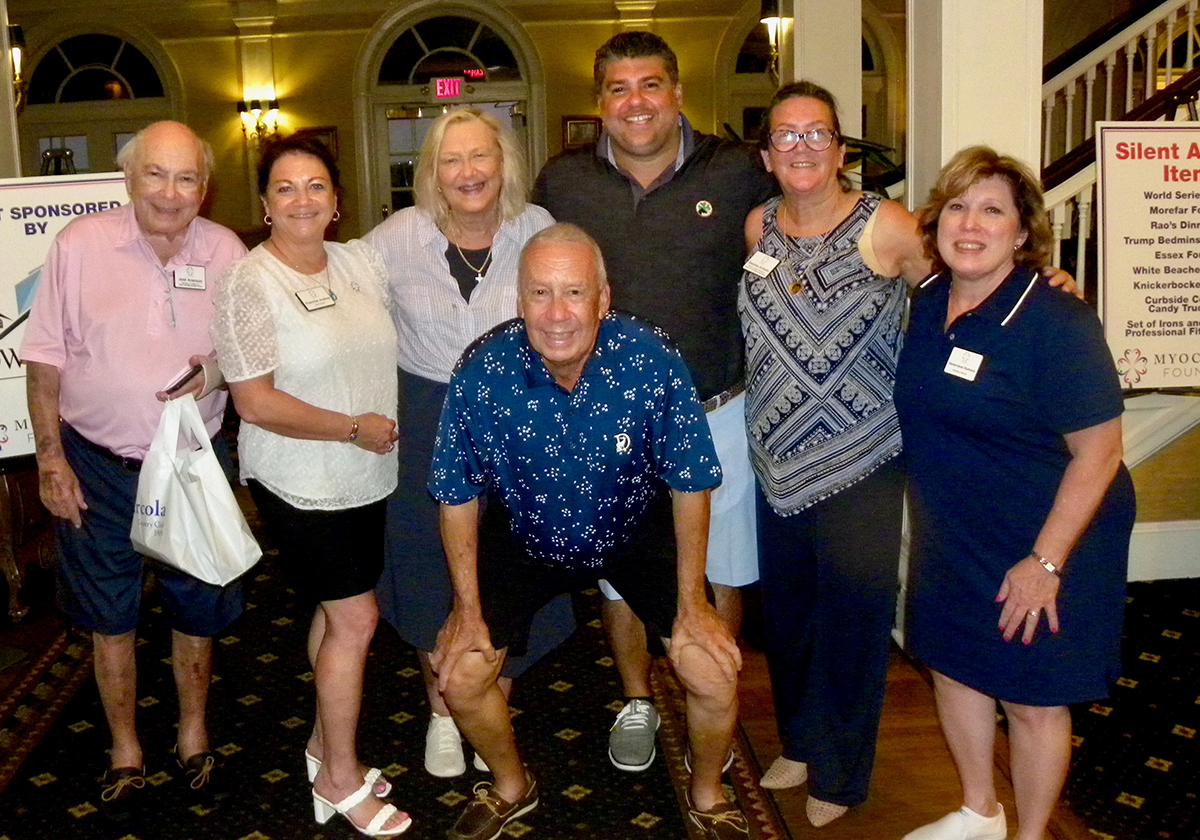(281) 713-2962
800 Rockmead Drive, Suite 155
Kingwood, TX 77339
[email protected]
Full-Field Optical Coherence Tomography (FFOCT) for Evaluation of Bronchoscopic Small Biopsy Specimens
Status: Recruiting
Location: Johns Hopkins University
Conditions: Johns Hopkins University
City/State:
Baltimore, Maryland
Contact Information:
Jeffrey Thiboutot, MD
410-502-2533
[email protected]
Small biopsy specimens obtained through bronchoscopy are commonly employed for the diagnosis and staging of thoracic malignancies. Diagnostic yield is dependent on tissue quality and quantity in specimens obtained through bronchoscopy, and it is thus important to ensure adequate sampling. Rapid on-site cytology (ROSE) is a method used by having a cytotechnologist at the bedside to prepare and analyze specimens to improve the quality of tissue acquisition during bronchoscopy. Although effective, ROSE expertise is not always available to proceduralists, is costly, and reproducible techniques that can be deployed across multiple tiers of institutions are needed across the globe.
Optical coherence tomography (OCT) is an emerging technique which may provide real-time imaging with resolution approaching that of typical histopathology. This has several benefits over ROSE using histopathologic evaluation including rapid imaging with minimal tissue processing, preservation of tissue specimens for molecular testing, enhanced intracellular contrast, and adaptation to machine learning approaches to allow for a reproducible and consistent result. In fact, full-field OCT has recently been applied in several tissue types for evaluation of adequacy of pathologic specimens and evaluation of malignancy, among others. To the best of the investigators’ knowledge, this technology has not yet been evaluated for assessment of specimen quality in bronchoscopic procedures.
Thus, the investigators propose a study of full-field OCT for evaluation of small biopsy specimens obtained through bronchoscopy. The investigators aim to demonstrate the feasibility of this technology in the workflow of bronchoscopy and compare to current evaluation methods including rapid on-site evaluation (ROSE). ROSE is commonly used to evaluate adequacy of tissue diagnosis during bronchoscopic procedures including at this institution. However, studies have not shown definitive benefits over bronchoscopy without ROSE, and current expert guidelines suggest bronchoscopy with Endobronchial Ultrasound (EBUS) transbronchial needle aspiration (TBNA) may be performed with or without ROSE.
Full-field OCT has several potential benefits compared to ROSE, including rapid analysis with minimal tissue processing and preservation of tissue for further molecular testing. In addition, OCT has been used to assess surgical biopsy specimens in a non-destructive manner, so the tissues can be analyzed after imaging using standard cytological and pathological methods. Full-field OCT evaluation may be applied to other diseases in addition to further augmenting the diagnostic ability through the use of machine learning approaches.
Read more
Medication Adherence in Patients With Sarcoidosis
Status: Recruiting
Location: Johns Hopkins Bayview Asthma and Allergy Center, Johns Hopkins Greenspring Station
Conditions: Johns Hopkins Bayview Asthma and Allergy Center, Johns Hopkins Greenspring Station
City/State:
Baltimore, Maryland
Timonium, Maryland
Contact Information:
Michelle Sharp, MD, MHS
410-550-7753
[email protected]
Amanda Sevilla, BA
410-550-1859
[email protected]
A Study of XTMAB-16 in Patients With Pulmonary Sarcoidosis
Status: Recruiting
Location: Xentria Investigative Site
Conditions: Xentria Investigative Site
City/State:
Greenville, North Carolina
Birmingham, Alabama
Denver, Colorado
Jacksonville, Florida
Chicago, Illinois
Iowa City, Iowa
Albany, New York
New York, New York
Philadelphia, Pennsylvania
Baltimore, Maryland
Minneapolis, Minnesota
Detroit, Michigan
Cincinatti, Ohio
Charleston, South Carolina
Houston, Texas
Charlottesville, Virginia
Contact Information:
Xentria, Inc.
224-443-4615
[email protected]
Risk Indicators of Sarcoidosis Evolution-Unified Protocol (RISE-UP)
Status: Recruiting
Location: University of Maryland, University of Texas Southwestern
Conditions: University of Maryland, University of Texas Southwestern
City/State:
Baltimore, Maryland
Dallas, Texas
Contact Information:
Laura Koth
4155144369
[email protected]
Jessica Cardenas
[email protected]
The purpose of this study is to develop prediction models that can prognosticate patients with sarcoidosis using clinical data and biological markers that can be obtained during a clinic visit.
Primary Aim/Objective The primary objective of this study is to determine which clinical features measured during a routine clinic visit are risk factors for progression of pulmonary sarcoidosis over the follow-up period in adults with pulmonary sarcoidosis.
Secondary Aim/Objectives The secondary objective is to determine if blood biomarkers measured during a routine clinic visit can improve the risk assessment for progression of pulmonary sarcoidosis over the follow-up period.
The investigators will measure two types of blood markers to achieve this goal:
-
-
- Clinically available blood markers that are available in most clinical labs
- Blood proteins and gene expression that reflect interferon inflammation and are not currently available as tests in clinical labs
-
Read more
Routine Cardiac Screening in Sarcoidosis Patients (PAPLAND)
Status: Recruiting
Location: Albany Medical Center, Cleveland Clinic, Medical University of South Carolina, National Jewish Health, Northwestern University Medicine, Penn Medicine, University of Cincinnati Medical Center, University of Illinois-Chicago, University of Iowa, University of Washington Medical Center
Conditions: Albany Medical Center, Cleveland Clinic, Medical University of South Carolina, National Jewish Health, Northwestern University Medicine, Penn Medicine, University of Cincinnati Medical Center, University of Illinois-Chicago, University of Iowa, University of Washington Medical Center
City/State:
Denver, Colorado
Chicago, Illinois
Iowa City, Iowa
Albany, New York
Cincinnati, Ohio
Cleveland, Ohio
Philadelphia, Pennsylvania
Charleston, South Carolina
Seattle, Washington
Contact Information:
Noopur Singh
312-341-0500 ext 107
[email protected]
Ginger Spitzer
773-328-8156
This protocol is an unblended randomized screening trial will have consecutive patients with no suggestion of cardiac sarcoidosis according to usual screening enroll in an enhanced screening protocol. The routine clinical care is to gather patient’s history of symptoms and under go an ECG. If a patient has an abnormal results in standard screening, they typically have further evaluations as part of their routine medical care. These tests might include an echocardiogram, ambulatory ECG, and advanced cardiac imaging (MRI, PET scan as per local practice). A patient that has normal results on standard screening will be randomly assigned to enhanced screening at each center. Half the patients will be randomized to usual follow-up (annual symptom assessment and ECG) and the other half will be assigned to the enhanced screening (echocardiogram and ambulatory ECG at enrollment and at 24 months).
The investigators hypothesize that screening using conventional history, physical and ECG in the general sarcoidosis population, followed by appropriate advanced imaging testing, will result in the identification of a higher percentage of ascertained cardiac sarcoidosis than has been reported historically (2-5%). The investigators hypothesize that routine use of echocardiogram with strain and ambulatory ECG will identify additional patients who will have advanced imaging abnormalities or who meet criteria for cardiac sarcoidosis. The investigators further hypothesize that re-screening patients after 24 months with repeat echocardiogram and ambulatory ECG will identify additional patients with suspicion for cardiac sarcoidosis who had no abnormalities on the standard screening tests.
Cardiac involvement is among the most feared complications of sarcoidosis, and it is the second leading cause of death from sarcoidosis. Autopsy studies and serial imaging studies in patients without cardiac symptoms suggest that approximately 25% of U.S. sarcoidosis patients have evidence of cardiac involvement. 3 Major manifestations of cardiac sarcoidosis include conduction delays, dysrhythmias, and cardiomyopathy. Given the increased recognition of cardiac involvement, prompt screening and diagnosis of cardiac sarcoidosis has been emphasized as a key priority for sarcoidosis research. Screening for cardiac sarcoidosis conventionally has relied on symptoms and electrocardiogram. However, there are no validated screening instruments for symptom assessment, and the usefulness of individual components of the medical history (e.g. palpitations, chest pain, presyncope) has not been assessed. In one study, symptom assessment was found to be less than 50% sensitive for identification of individuals with abnormal cardiac imaging studies. ECG performed poorly, with less than 10% sensitivity. Holter monitoring and echocardiogram were more sensitive than ECG in that study, identifying 50% and 25%, respectively, of those with imaging findings suggesting cardiac sarcoidosis (CS). The intensity of screening for CS in unselected sarcoidosis patients is controversial. The Heart Rhythm Society working group could not agree that echocardiogram or ambulatory ECG added significantly to conventional testing of eliciting cardiac symptoms and ECG; therefore, the working group was unable to recommend adding these procedures as a routine for all sarcoidosis patients. In a large series of Greek non-cardiac sarcoidosis patients, echocardiogram and ambulatory ECG added little prognostic information to usual care. On the other hand, more sophisticated echocardiographic techniques such as speckle tracking seem to provide independent prognostic information. In a second study, Holter monitoring and echocardiography abnormalities were both more common in those with MRI findings consistent with CS, although the usefulness of the tests disappeared in multivariable analysis. While history and ECG are considered the standard of care at present, there is a continuing need to identify markers of poor outcomes. Cardiac MRI and/or cardiac FDG-PET scan can identify large proportions of individuals with asymptomatic imaging abnormalities, but they are expensive, require specialized expertise to interpret, require radiation (PET scan) and are likely impractical for widespread use in all sarcoidosis patients. A second unresolved issue concerning screening for cardiac sarcoidosis is the frequency of re-screening sarcoidosis patients who demonstrate no evidence for cardiac sarcoidosis on an initial screen. The investigators hypothesize that screening using conventional history, physical and ECG in the general sarcoidosis population, followed by appropriate advanced imaging testing, will result in the identification of a higher percentage of ascertained cardiac sarcoidosis than has been reported historically (2-5%). The investigators hypothesize that routine use of echocardiogram with strain and ambulatory ECG will identify additional patients who will have advanced imaging abnormalities or who meet criteria for cardiac sarcoidosis. The investigators further hypothesize that re-screening patients after 24 months with repeat echocardiogram and ambulatory ECG will identify additional patients with suspicion for cardiac sarcoidosis who had no abnormalities on the initial screening tests.
Aims
- To evaluate the rate of diagnosis of cardiac sarcoidosis during standard of care clinical practice that relies on patient symptoms and ECG.
- To evaluate whether second-tier screening tests (echocardiogram and ambulatory ECG) improve the rate of diagnosis of cardiac sarcoidosis beyond conventional screening methods.
- To evaluate the rate of diagnosis of cardiac sarcoidosis in sarcoidosis patients who had initial negative conventional and second-tier screening tests after undergoing these screening tests again at two years.
Use of CXCL9 as a Biomarker of Acthar Efficacy (Acthar)
Status: Recruiting
Location: University of California- San Francisco
Conditions: University of California- San Francisco
City/State:
San Fransisco, California
Contact Information:
Laura Koth, MD
(415) 514-4369
[email protected]
Delayed-Enhancement Cardiovascular Magnetic Resonance in Patients With Sarcoidosis
Status: Recruiting
Location: Duke University Medical Center
Conditions: Duke University Medical Center
City/State:
Durham, North Carolina
Contact Information:
Han W Kim, MD
919-668-3539
[email protected]
Raymond J. Kim, MD
919-668-3539
[email protected]
Epigenetic Regulation of Altered T-cell Immunity in Sarcoidosis
Status: Recruiting
Location: University of California- San Francisco
Conditions: University of California- San Francisco
City/State:
San Fransisco, California
Contact Information:
Victoria Wang, BS
415 476 9225
[email protected]
Janus Kinase Inhibition in Sarcoidosis
Status: Recruiting
Location: Yale University
Conditions: Yale University
City/State:
New Haven, Connecticut
Contact Information:
William Damsky, M.D.
203-785-4092
[email protected]
Yvette Strong
203-737-2506
[email protected]
Cardiac Sarcoidosis Randomized Trial
Status: Recruiting
Location: Allegheny General Hospital, Montefiore Medical Center, Ohio State University Medical Center, Tufts Medical Center, University of Michigan, University of Minnesota, University of Utah, Virginia Commonwealth University, Yale-New Haven Hospital
Conditions: Allegheny General Hospital, Montefiore Medical Center, Ohio State University Medical Center, Tufts Medical Center, University of Michigan, University of Minnesota, University of Utah, Virginia Commonwealth University, Yale-New Haven Hospital
City/State:
New Haven, Connecticut
Boston, Massachusetts
Ann Arbor, Michigan
New York, New York
Columbus, Ohio
Pittsburgh, Pennsylvania
Salt Lake City, Utah
Richmond, Virginia
Pittsburgh, Pennsylvania
Contact Information:
David H Birnie, MD
613-696-7269
[email protected]
Janine Ryan, BAH, CCRP
613-696-7000 ext 17077
[email protected]
Prospective randomized controlled trial comparing low dose Prednisone(or Prednisolone)/Methotrexate combination to standard dose Prednisone(or Prednisolone) in patients diagnosed with acute active clinically manifest cardiac sarcoidosis and not yet treated.
The Investigators hypothesize that low dose Prednisone(or Prednisolone)/Methotrexate combination will be as effective as standard dose Prednisone(or Prednisolone), and result in significantly better quality of life and less toxicity than standard dose Prednisone(or Prednisolone).
Subjects meeting the study inclusion/exclusion criteria will be randomized equally to receive either:
Everywhere but Japan:
-
-
- Prednisone 0.5 mg kg/day for 6-months (MAX dose 30 mg per day) or
- Methotrexate 15-20 mg po, sc, or IM once a week for 6-months + Folic Acid 2 mg OD for 6 months + Prednisone 20 mg day for 1 month, then 10 mg OD for 1 month, then 5 mg OD for one month then STOP
-

